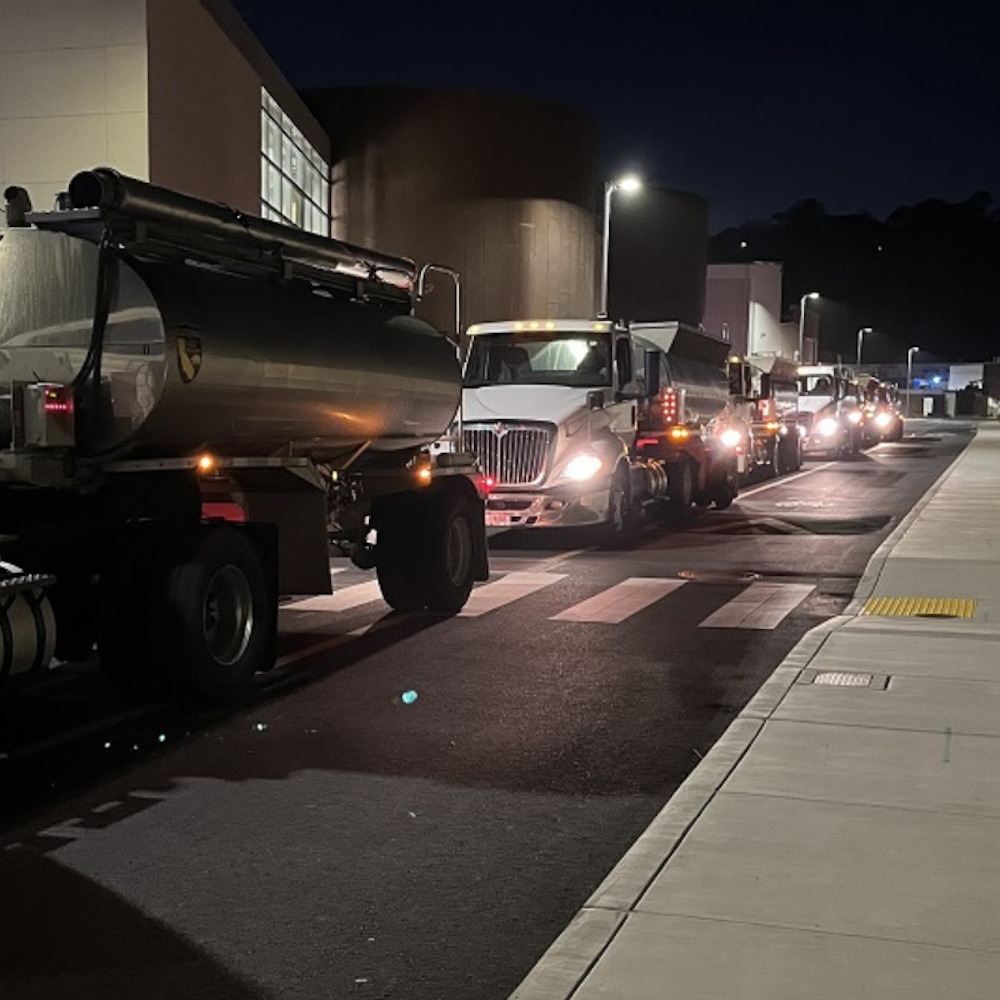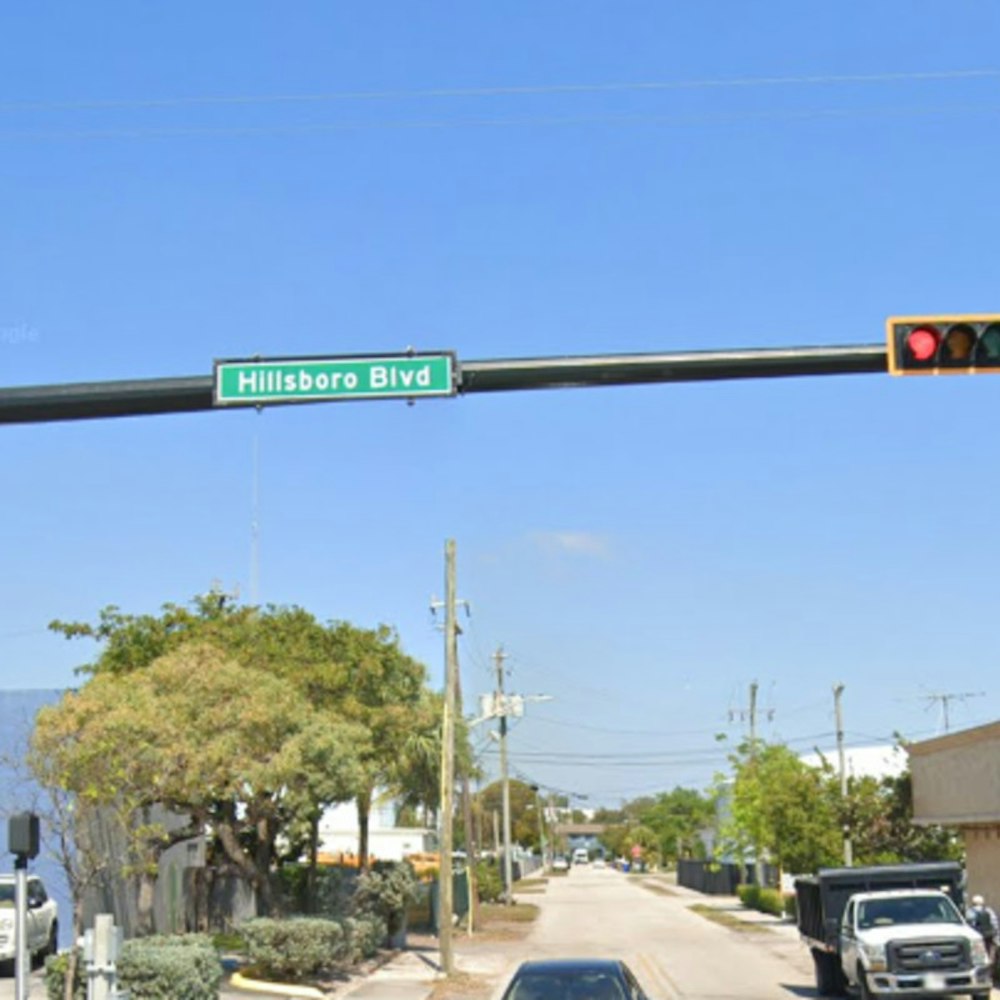
Houston has detected the West Nile virus lurking within the city’s 77019 ZIP code, according to Harris County Public Health. Mosquitoes collected in an area covering River Oaks and part of downtown tested positive for the virus, as confirmed by the health department's recent post on social media. The county's Mosquito and Vector Control Division, which gathered the samples, is gearing up to kick off spray operations in the evenings around where the mosquito was found to curtail further spread.
The buzzing pests are no strangers to Houston's climate, with their presence felt all year round and their activity peaking from May through October. This increased activity subsequently heightens the chances for mosquito-borne diseases to spread. Harris County has seen a couple of West Nile virus cases emerge in 2023, contributing to the 38 reported human cases of mosquito-borne diseases that year, as outlined by a Houston Chronicle report. While most of these cases were linked to travel, Texas as a whole experienced six deaths connected to the West Nile virus, per Harris County Public Health.
Although most individuals bitten by an infected mosquito will never know it due to the lack of symptoms, the Centers for Disease Control and Prevention warns that some may develop fever and body aches, and about one in 150 could sustain a serious illness affecting their central nervous system. The absence of a vaccine to prevent West Nile virus means the best defense for residents is to don long-sleeved shirts and pants, use insect repellent, and regularly dump out standing water that serves as mosquito breeding grounds, as reported by Houston Public Media.
Last year’s decline in mosquito-borne diseases provided a false sense of security for Houstonians, with less than 100 cases compared to 326 in 2021. However, Harris County officials had preemptively sounded the alarm back in April about a potential increase in diseases as the mercury began to rise. Spraying from trucks has become the most common measure among counties, yet more expansive areas have required aerial attacks to effectively rain down treatments. According to the CDC, aerial applications quickly and efficiently cover vast areas, with a single twin-engine plane capable to treat up to 40,000 acres in a single night — a feat that would need about 40 ground-based trucks to accomplish, a feat highlighted by the Texas A&M AgriLife Extension Office.
The CDC advises residents who experience any adverse reactions to a mosquito bite, such as trouble breathing, to seek medical attention immediately. And while there's no full-proof method to avoid mosquito bites altogether, following the recommended steps by health authorities can significantly reduce the risk of falling victim to their potentially dangerous bites.








